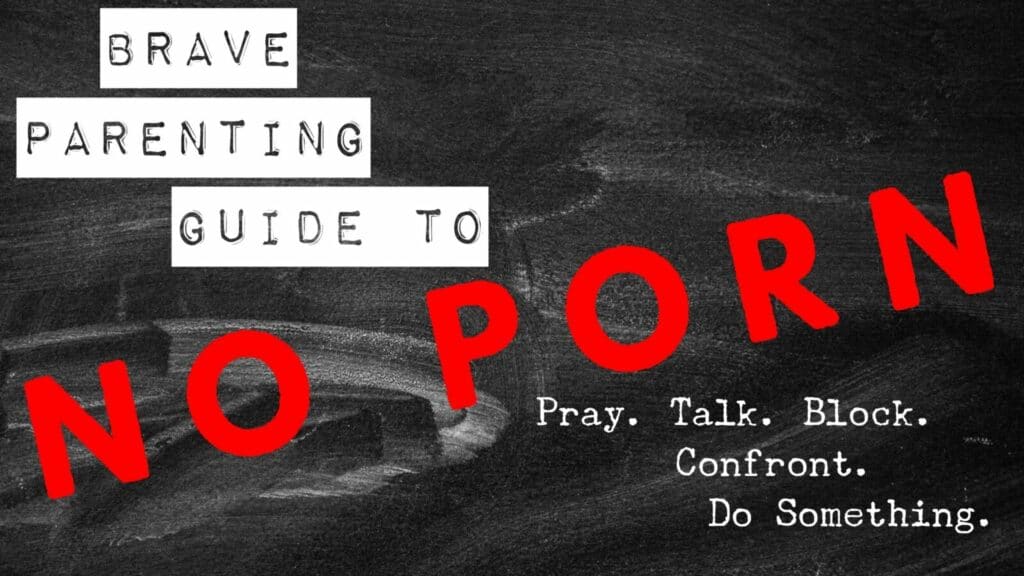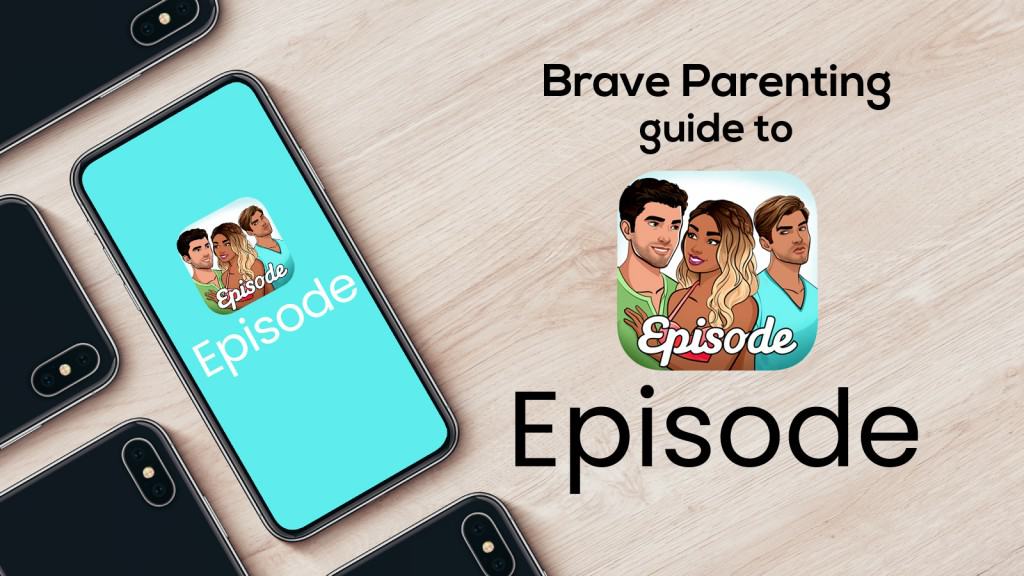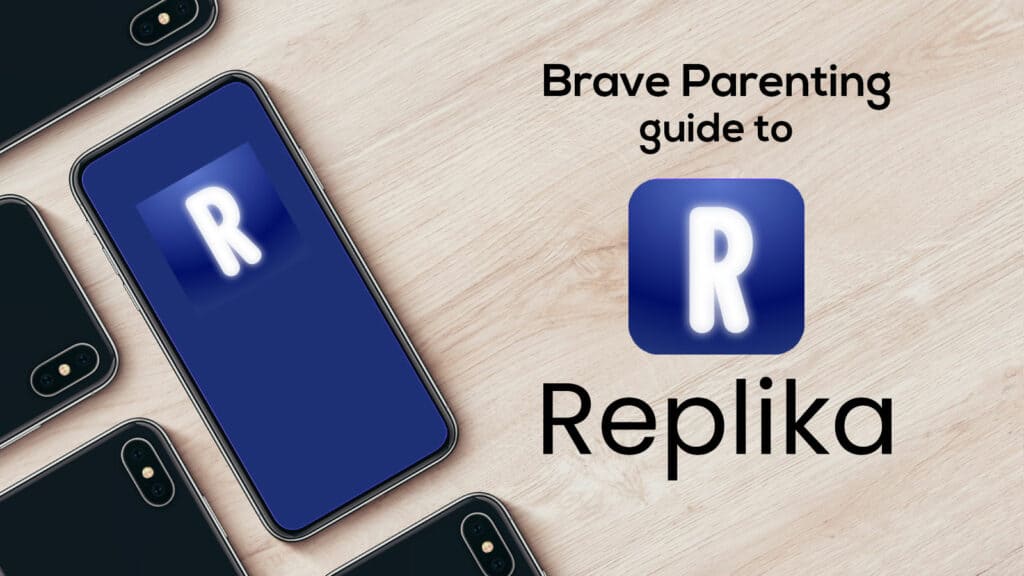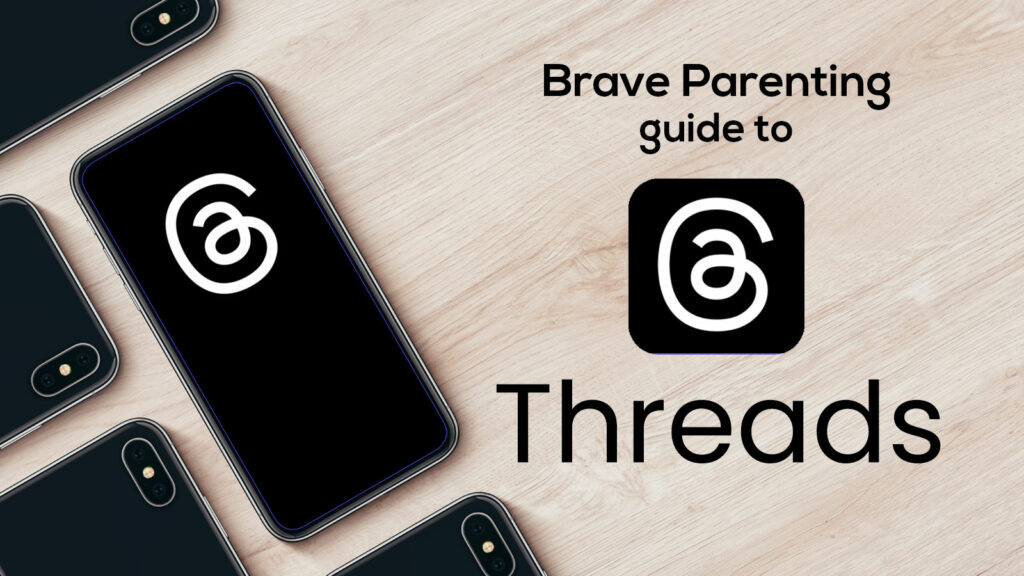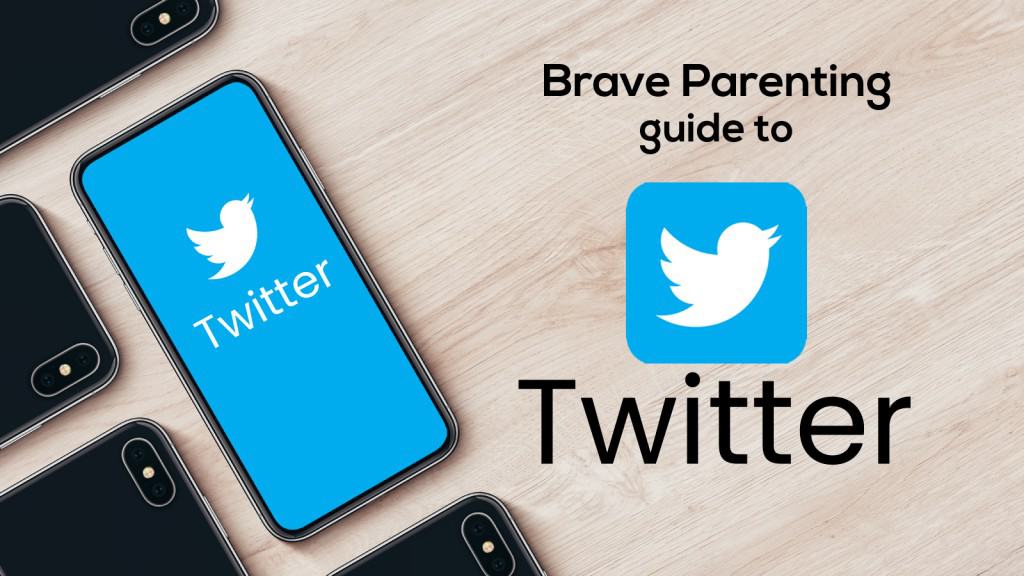Teenage gambling is on the rise through sports betting apps. Here is everything parents need to know about this growing form of entertainment.
HOW SPORTS BETTING BECAME SO BIG
For a long time, gambling in the form of sports betting was only legal in Nevada. Sports betting has a tainted history going back to 1921 when eight Chicago White Sox players were banned for allegedly throwing the 1919 World Series!
In 1992, President Bush signed into law the Professional and Amateur Sports Protection Act (PASPA), which banned sports betting in any state that did not allow it (leaving only Nevada). After a federal lawsuit filed by the state of New Jersey, the Supreme Court struck down PASPA in 2018, claiming that states were free to establish their own sports gambling laws.
Since 2018, 37 states have now legalized sports betting. Americans have bet $220 billion on sports through legal gambling since then.
Almost all states that have legalized sports betting restrict it to the age of 21. A few allow it at age 18 (KY, MT, RI, NH, NM, TN, and WY).
THE SPORTS BETTING APPS
Given the ubiquity and dependence of smartphones in the lives of Americans, the rise of sports betting apps is no surprise. Some of the most popular are DraftKings, Fanatics, BetMGM, FanDuel, Caesars, BetRivers, and ESPN BET and are available on iOS and Android.
The CEO of DraftKings, Jason Robins, pinpoints precisely how these apps fit into the American psyche and life rhythm:
“While the milestones of legalized sports betting that have led up to now are remarkable, this industry is excitingly still far from being fully realized. Legal betting is already part of mainstream sports culture, and I anticipate this trend will grow as adoption increases. The accessibility right now for fans to place a live, micro-bet during a game, for example, shares parallels with other smartphone-powered capabilities like hailing a ride, buying a stock, or playing a podcast.” [Source]
How do the apps prevent underage users from betting?
Are you restricted if you live in one of the 13 states where it is banned?
The apps profess to employ various age verification strategies. Some request the submission of legal documents such as a driver’s license or passport. Others may use selfies and third-party facial recognition software to verify. To verify the state of residence, some apps use geolocation services. For the most part, however, their terms of service absolve them of legal responsibility if the user is underage or resides in a state where it is illegal.
Like all restrictions, teens with ingenuity and determination have found workarounds. In articles across the web, teens cite using another person’s identification (family or friend), masking geolocation with a VPN, finding less popular apps with weaker verification systems, and even using a family or friend’s account as easy ways to circumvent these restrictions.
SPORTS BETTING ADVERTISING
It is widely recognized how expansive and concerning the advertising and promotion of legalized sports betting has become. With no federal oversight of the industry (remember, the states individually have control), there is also little to no regulation on advertising. Individual states could…but they are making millions in tax revenue – so they don’t.
On one hand, there are a host of celebrity endorsers of these apps. Everyone from Jamie Foxx, Kevin Hart, J.B. Smoove, Drew Brees, and the Manning family are paid promoters of the apps. Celebrity and influencer advertising flood social media sites, allowing direct access to teenagers and young adults.
On the other hand, the ads use persuasive language that appeals to less-than-mature sensibilities. Phrases like “Free First Bet,” “No Sweat First Bet,” “Free Bet,” and “Get Your Stake Back” lure young people in without thought of consequence.
Notably, during major sporting events like the NFL playoffs and NCAA March Madness, the advertising is even more ramped up.
IS THIS A PROBLEM WORTH WORRYING ABOUT?
According to the National Council on Problem Gambling, the national risk for gambling addiction increased by almost 30% between 2018 (PAMPA overturned) and 2021. Most significantly affected are men ages 18-24. The NCAA conducted research on college campuses and found that nearly 70% of students living on campus were bettors, and 56% of the students stated that advertisements played a role in persuading them to bet.
When it comes to high school students, the council found that 60% to 80% report having gambled for money during the past year. Among those, 4% to 6% are considered at risk of developing a gambling problem.
Calls into gambling help lines provide insight into the depth of the issue. The National Council on Problem Gambling reports that calls to the national helpline increased 43%, texts increased 59%, and chats rose 84%. In Connecticut’s first year of legalization, calls increased 91%, and in Virginia’s first year, calls were up 387%.
Clinical Presentation
According to the American Psychiatric Association’s DSM V, gambling disorder is classified as a Substance-Related and Addictive Disorder (same category as addictions to heroin and opioids). According to one study in the journal Addictive Behaviors, sports betting presents similar clinical features as gambling disorder, which include high impulsivity, persistence, and low self-directedness (inability to recognize that their attitudes, behaviors, and problems reflect their own choices).
Like most addictions, exploitation of the pleasure chemical dopamine occurs in sports betting. Interestingly, research has shown that winning and losing a bet can cause a dopamine rush. Another considerable concern is that gambling addiction has no obvious tells. Someone can be on their phone at home with family, betting all their money while no one else knows. Typically, it isn’t until the total devastation is reached that someone finds out. For some, that may be too late, as gambling addiction research has shown that 19% of problem gamblers attempt suicide – the highest rate of any addiction.
GAMBLING ON A SMARTPHONE
It is essential that parents realize the connection between video gaming and gambling.
The casino and sports betting industry grooms young people through smartphone gaming apps to be ready to make that first bet when they are of age. Often, these games require little skill and rely on chance but provide rewards in the form of coins, skins, or virtual pets. Most parents see it as benign, but these games trigger the same excitement and rush experienced in gambling.
Consider loot boxes, which are reward systems of random gifts within almost all popular video games. Often, they are purchased with real money or through in-game currency (which is purchased with real money). If a player wants a particular “item” within the game, they can buy a loot box that may give them such an item. Similar to gambling, the reward is based on chance. Estimations show that the gaming industry made $30 billion in profits from loot boxes in 2018 alone. One survey found that children ages 12-17 spend $50 a month on loot boxes.
RISK FACTORS & WARNING SIGNS
The risk factors for developing a gambling disorder through sports betting center around the media and technology granted to an adolescent. An unrestricted smartphone, a gaming console (or computer) at home without restrictions, access to social media, and access to a parent’s credit card provide a high chance of developing problematic gambling-like behaviors.
The gateway of games to gambling is a recognized and growing concern. The greatest method of prevention is to restrict an adolescent’s ability to download/purchase games without parental permission. Limiting play time and restricting access to money are also key.
Furthermore, as online gambling continues to grow, conversations between parents and kids are essential. Discuss the stats, help them recognize the marketing tactics used to lure young people in, and set the expectation that gambling is not allowed. If states are lobbying for required gambling education in public schools, then it is definitely time to talk about it at home.
What if you’ve already allowed gaming and you’ve recognized the loot box patterned spending?
Or, maybe you’ve discovered a sports betting app on your child’s phone. Again, this warrants a conversation. Humbly admit that, as the parent, you should have restricted access to these gateways to gambling. Discuss your concern for long-term gambling addiction and its illegality. Inform them they will lose access to the games/apps/credit card. In severe cases of teen gambling, services like GAMBAN can help restrict access and get help with online gambling.
And it should go without saying, but adults should not gamble/bet in front of adolescents. Parents and family members who legally partake in online sports betting and gambling, even if they do so responsibly, should not do this in connection with a child or teen. For example, a father should not enlist his 15-year-old son’s help choosing a fantasy football league. A mother should not give her 7-year-old daughter scratch-off tickets to “play” the lottery. This sends the wrong message about gambling.
SPORTS BETTING APP RATINGS & REVIEW
App Store: 17+
Google Play: Adults Only 18+
Brave Parenting: Not Recommended
The illegality of sports betting apps for anyone under 18 should be reason enough for every parent to restrict this. Yet, many parents have not restricted app downloads, and therefore, teenage gambling has increased. It is essential to block access to apps for 17-18+ through Apple ScreenTime or Google Play Family Link.
“No one can serve two masters. Either you will hate the one and love the other, or you will be devoted to the one and despise the other. You cannot serve both God and money.” (Matthew 6:24).
Jesus’ words from His sermon on the mount are exemplified in all addictions. The psychological effect of cognitive dissonance forces addicts to choose between God and the addictive behavior. Two things cannot be opposed and simultaneously true. You will either be devoted to God or devoted to gambling – it can never be both. Sure, it is possible for someone to be devoted to Christ and gamble occasionally, but if we’re honest, this will not be the norm for adolescents.
Furthermore, we at Brave Parenting recognize that many parents fear taking away media/tech/money access once they have allowed it. In a culture of depression, loneliness, and suicide, there is no telling how the child will respond. However, God’s word is abundantly clear that we are not to fear man but to fear God (Matt. 10:28). The fear of God is the beginning of wisdom. Parents seeking wisdom for their child’s troubling behavior MUST begin with the fear of the Lord – not the fear of the child’s backlash (Prov.1:7). What some may judge as too strong of a response (taking the phone/internet away) may be the very thing your child needs. Take it before the Lord, seek wisdom, and pursue it (Proverbs 4).
“I instruct you in the way of wisdom and lead you along straight paths. When you walk, your steps will not be hampered; when you run, you will not stumble.” (Proverbs 4:11-12)
When we consider the massive revenue generated by online betting corporations and the state’s tax revenue, red flags are raised as to how they will continue to maintain or even grow their bottom line. In the same way that social media platforms like Meta and big tech like Google all target children, online gambling does the same. Some call it grooming a child to be devoted to their product, but as Christians, we can identify their tactics as equivalent to discipleship. They are discipling young people to believe the consumeristic lies of wealth, prestige, and pleasure. Through advertisements and innocuous gaming apps, these entities are discipling children away from Christ. This must change.
The authoritative Word of God charges parents specifically with the responsibility to disciple children to know, love, and serve the Lord. Christian parents must never abdicate their role to media and tech for the sake of a child’s “happiness” or the sake of their convenience. A child’s mind is always molded and formed by something or someone – will it be the media or the parent? We aren’t saying this is always easy; obedience to this task requires humility, sober judgment, and faithfulness (Rom 12:2-3), but it can be done.











